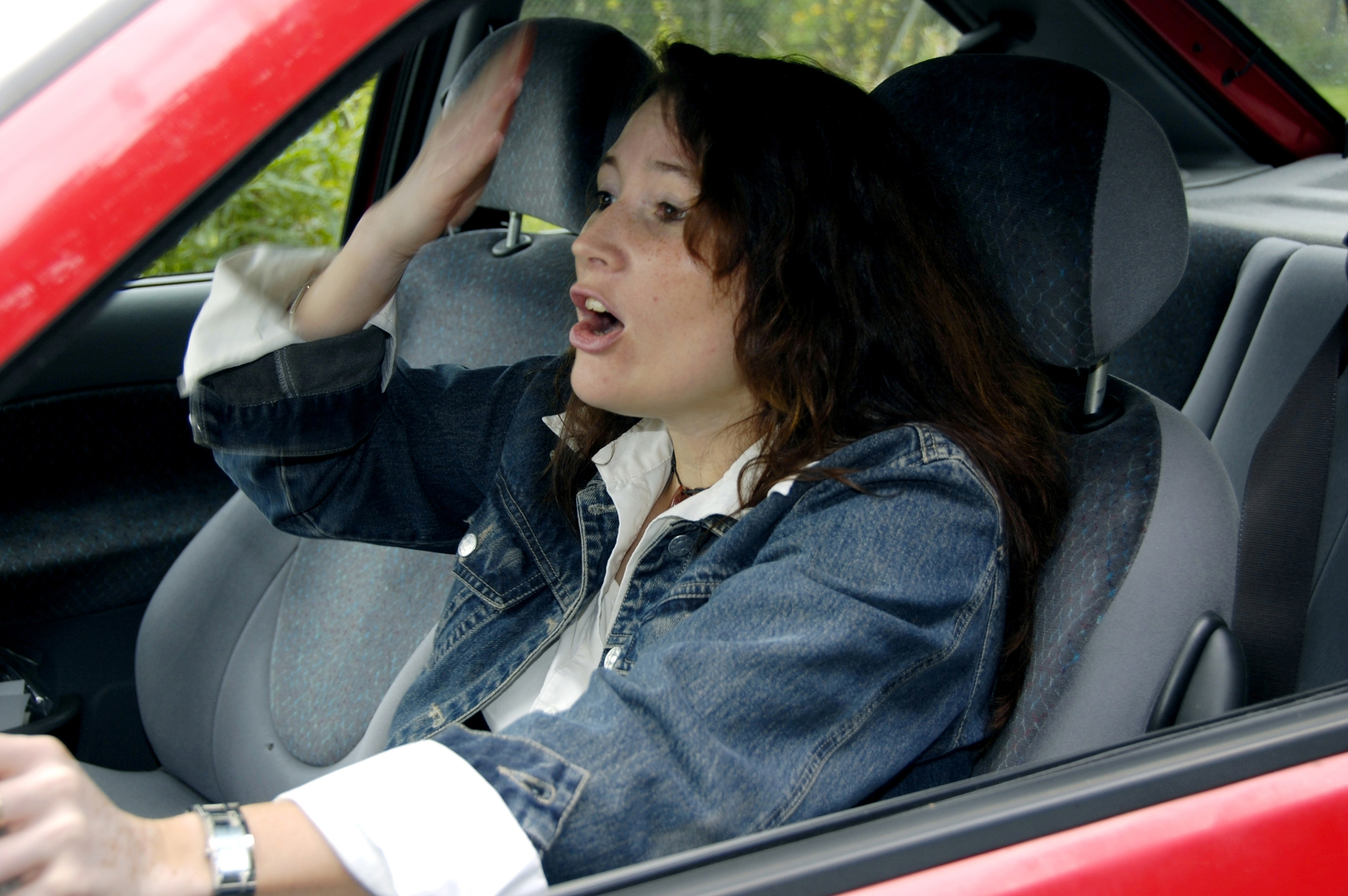Many of us have social distancing fatigue. We want our normal life back. When can we gather with family and friends? How long do we have to wear a mask for? When will we get the vaccine? Surely all this uncertainty is testing our patience.
What about other life scenarios that can make us impatient like finding a job, defiant children, long lines, or annoying people? Having little to no control over things can cause anxiety and heartache.
These days we tend to expect things fast because of the pace at which we live, mainly due to advanced technology. So when we don’t get what we want quickly, we may pass blame, make hasty decisions, or say or do something wrong—all to our detriment.
M.J. Ryan writes in her book, The Power of Patience, “Without patience, we can’t truly learn from the lessons life throws at us; we’re unable to mature. We remain at the stage of irritable babies, unable to delay gratification more than momentarily, unable to work toward what we truly want in any dedicated way.”
Ryan talks about the benefits of patience, including that it helps us gain self-control, a way for us to become more present. Being a patient person also creates healthier relationships, higher-quality work, and peace of mind, she says.
With these valuable benefits of our being a more patient person, it’s a worthwhile effort to enhance this virtue in our lives. Here are some ways to do this:
1. Release the Need to Control
How do you handle being stuck in traffic? Do you pound on the steering wheel in anger? We cannot change the circumstance such as airplane or traffic delays, length of recovery from an illness, or disrespectful people, but our resistance to the situation puts us in a negative place, making things worse.
Next time someone or something tests your patience, notice your thoughts. Understand that you have no control over what is happening at the moment. The only control you have is how you react to the situation. So when you start to feel anger or frustration, take some deep breaths. Think grateful thoughts or visualize a happy scene.
When you shift to a more positive activity or thought, you’ve not only reduced our anxiety, but you can react to the event more thoughtfully. Letting go of the need to control your environment creates a more peaceful life.
2. Embrace the Now
Have you ever rushed and, because you did, you made things worse? Practicing patience slows us down. We now think about what we are doing. This awareness can prevent accidents, alter relationships, and even help accomplish goals. Why? Because we have the wherewithal to wait for what needs to unfold naturally and in time.
Wishing things were different creates discontent. However, being a patient person means we step back, assess the situation, and make smarter choices. So instead of waking up to our morning coffee and feeling irritated as we wait for the last drip to go into the pot, we can focus on the rich aroma of the coffee beans. With this shift of perspective, we now start the day out better.
3. Connect to Hope
Michelangelo spent four years painting the Sistine Chapel’s ceiling. He did it while perched on scaffolding enduring physical strain, day after day. What kept him going all those years? Chances are he hoped that viewers would see the beauty and strength in the painted figures that covered 5,000 square feet.
The best things in our lives can take months, years, even decades to come to fruition. However, if we do not show patience, along with the hope of what it can provide for others and ourselves, we may never see our works of art.
Patience connects us to hope, says Ryan. She writes, “With hope, we have the patience to work for what we want in our life―to study for the test, write the book, make the quilt, plant the garden―because we trust in the possibility of a good outcome. Without hope, we would try nothing, do nothing, because we wouldn’t have the emotional and spiritual wherewithal to apply the necessary elbow grease and wait upon the results.”
In Summary
Patience is a skill we can develop. To be a more patient person means having a healthier attitude when delays and difficulties occur in life. By intentionally releasing the need to control, embracing the now and connecting to hope, we become more tolerant, kinder people.







Leave a Reply